Safety Operating Procedures for Screw Air Compressors
-
Screw air compressors are widely used in various industries for their efficiency in generating compressed air. However, it is crucial to prioritize safety when operating these machines. This article aims to provide a concise guide on the safety procedures that should be followed while operating screw air compressors.
1. Proper Training:
Before operating a screw air compressor, it is essential to receive proper training on its operation, maintenance, and safety guidelines. Familiarize yourself with the compressor's specific features, controls, and potential hazards. Ensure that all personnel involved in operating the equipment have received appropriate training.
2. Safety Equipment:
Always wear appropriate personal protective equipment (PPE) when operating a screw air compressor. This includes safety glasses, ear protection, gloves, and appropriate footwear. PPE helps protect against potential injuries caused by flying debris, noise exposure, and accidental contact with moving parts.
3. Pre-Operational Checks:
Before starting the compressor, perform the following checks:
a) Inspect the compressor and its surrounding area for any signs of damage, leaks, or obstructions. Ensure that the compressor is properly grounded.
b) Check all safety devices, such as emergency stop buttons, pressure relief valves, and pressure gauges, to ensure they are functioning correctly.
c) Verify that all required maintenance has been performed, including oil and filter changes, and that all fluid levels are within the recommended range.
4. Startup Procedure:
a) Before starting the compressor, ensure that all personnel are clear of the equipment and that no one is in the immediate vicinity.
b) Follow the manufacturer's instructions for starting the compressor. This may involve engaging the power supply, opening the air intake valve, and activating the control panel.
c) Monitor the compressor during startup for any abnormal noises, vibrations, or leaks. If any issues are detected, immediately shut down the compressor and report it to the appropriate personnel.
5. Operation Guidelines:
a) Never exceed the maximum operating pressure specified by the manufacturer. Operating above the recommended pressure can lead to equipment failure and potential accidents.
b) Regularly monitor pressure and temperature gauges during operation. Any significant deviations from normal values should be investigated promptly.
c) Avoid overloading the compressor by exceeding its duty cycle. Allow the equipment to cool down adequately between continuous operation to prevent overheating.
6. Shutdown Procedure:
a) Gradually reduce the operating pressure to zero using the compressor's control panel.
b) Once the pressure is reduced, turn off the power supply to the compressor.
c) Perform a final check of the equipment and the surrounding area to ensure that everything is in order before leaving.
Conclusion:
By following these safety operating procedures for screw air compressors, operators can minimize the risk of accidents and injuries. Remember, safety should always be the top priority to ensure a secure working environment for both the operator and those in the vicinity.
Screw Air Compressor: Understanding the Working Principle
-
A screw air compressor, also known as a rotary screw compressor, is a versatile and widely used device in various industries. It operates based on a simple yet effective mechanism that ensures efficient compression of air.
The primary components of a screw air compressor are two interlocking rotors, usually referred to as the male and female rotors. These rotors are designed with helical lobes or screws that mesh together when the compressor is in operation.
When the compressor starts, the male and female rotors rotate in opposite directions. As the rotors turn, the air is drawn into the space between the lobes. The helical shape of the rotors allows for a gradual reduction in the volume of the air pocket. Simultaneously, the air is compressed and pushed towards the discharge port.
The compression process in a screw air compressor occurs in three stages: inlet, compression, and discharge. During the inlet stage, the air is drawn into the compressor through the inlet filter. The air is then trapped between the rotor lobes as they rotate, creating a sealed area for compression.
In the compression stage, the volume of the trapped air reduces as the rotors continue to rotate. This reduction in volume leads to an increase in air pressure. The compressed air is then forced towards the discharge port.
Finally, in the discharge stage, the compressed air reaches the discharge port, which is connected to the air receiver or the system where the compressed air is utilized. The pressure of the discharged air can be regulated using an integrated control system, ensuring it meets the specific requirements of the application.
One notable advantage of screw air compressors is their continuous operation. Unlike reciprocating compressors that operate in cycles, screw compressors provide a continuous supply of compressed air. This feature is particularly beneficial in applications where a constant and reliable source of compressed air is crucial.
Furthermore, screw air compressors are known for their efficiency and reliability. The design of the helical lobes, along with the minimal clearance between the rotors, ensures a smooth and efficient compression process. This results in reduced energy consumption and increased durability of the compressor.
In conclusion, the working principle of a screw air compressor revolves around the interlocking rotation of two helical rotors. This mechanism allows for the gradual reduction of air volume, leading to the compression and subsequent discharge of compressed air. With their continuous operation, efficiency, and reliability, screw air compressors have become an essential component in various industries, enabling the effective utilization of compressed air.
Common Troubleshooting and Maintenance for Screw Air Compressors
-
Screw air compressors are widely used in various industries to generate compressed air, which is essential for powering pneumatic tools and equipment. However, like any mechanical equipment, these compressors are prone to faults and failures. In this article, we will discuss some common troubleshooting and maintenance techniques for screw air compressors.
1. Insufficient or No Pressure Output:
One of the most common issues with screw air compressors is the inadequate or no pressure output. Several factors can cause this problem, such as worn-out compressor seals, damaged valves, or clogged filters. To troubleshoot this issue, start by checking the compressor oil level and ensuring it is at the recommended level. Next, inspect the air intake filters and clean or replace them if necessary. Additionally, examine the valves for any signs of damage or leakage. If the problem persists, consult a professional technician for further inspection.
2. Excessive Noise or Vibration:
If you notice unusual noise or excessive vibrations coming from your screw air compressor, it is crucial to address the problem promptly. Vibrations can be caused by misaligned couplings, loose bolts, or worn-out bearings. To resolve this issue, carefully inspect the compressor and tighten any loose bolts or connections. Ensure that the couplings are correctly aligned and adjust them if needed. If the noise or vibrations persist, it may indicate a more serious internal problem, requiring the expertise of a qualified technician.
3. Overheating:
Overheating is another common problem in screw air compressors, often caused by insufficient cooling or lubrication. It is vital to monitor the compressor's temperature regularly and take immediate action if it exceeds the recommended range. To prevent overheating, ensure that the cooling fans are clean and functioning correctly. Regularly inspect and change the compressor oil according to the manufacturer's recommendations. If the problem persists, it could be due to a malfunctioning thermostat or a faulty temperature sensor, which requires professional attention.
4. Oil Leaks:
Oil leaks can occur in screw air compressors due to worn-out seals or gaskets. These leaks not only lead to oil wastage but can also damage other components. To tackle this issue, inspect the compressor for any visible oil leaks and replace the faulty seals or gaskets. It is crucial to use the recommended type and grade of oil to prevent leaks. Regularly check the oil level and maintain it within the specified range.
5. Regular Maintenance:
To ensure optimal performance and longevity of your screw air compressor, regular maintenance is essential. This includes checking and changing the compressor oil, cleaning or replacing air filters, inspecting and tightening connections, and lubricating moving parts as per the manufacturer's guidelines. Regularly monitor and record the compressor's performance, such as pressure output and temperature, to identify any potential issues early on.
In conclusion, screw air compressors are reliable and efficient machines when properly maintained. By following these common troubleshooting and maintenance techniques, you can minimize downtime, extend the lifespan of your compressor, and ensure uninterrupted operation in your industrial processes. However, it is always recommended to consult a qualified technician for complex issues or if you are unsure about any maintenance procedures.
High Temperature and Solutions for Spare Parts in Oil-injected Screw Air Compressors
-
Oil-injected screw air compressors are widely used in various industries due to their high efficiency and reliability. However, these machines often face challenges when operating under high temperature conditions. The elevated temperatures can adversely affect the performance and lifespan of the compressor's spare parts. We will explore the impacts of high temperature on the components of oil-injected screw air compressors and discuss potential solutions to mitigate these issues.
Effects of High Temperature on Spare Parts:
1. Bearings: High temperatures can lead to increased friction and wear on the bearings, resulting in premature failure. This can cause the compressor to operate less efficiently and may even lead to a complete breakdown.
2. Seals and Gaskets: Excessive heat can cause the seals and gaskets to deteriorate, leading to air and oil leaks. This not only affects the compressor's performance but also poses safety risks and can result in increased maintenance costs.
3. Lubricants: High temperatures can degrade the quality of lubricants, reducing their effectiveness in providing proper lubrication to the moving parts. Inadequate lubrication can result in increased friction, heat, and wear on the compressor's components.
Solutions for High-Temperature Challenges:
1. Cooling Systems: Implementing effective cooling systems can help regulate the temperature within the compressor. This can be achieved through the use of air or water cooling methods. By maintaining optimal operating temperatures, the spare parts can be protected from excessive heat and its detrimental effects.
2. Heat-resistant Materials: Using heat-resistant materials for the construction of key components can enhance their ability to withstand high temperatures. For example, utilizing ceramic or high-temperature alloys for bearings and seals can significantly improve their durability and performance in challenging environments.
3. Regular Maintenance and Inspections: Conducting routine maintenance and inspections is crucial to identify and address any issues related to high temperature. This includes monitoring the temperature of the compressor, checking for signs of wear or damage, and replacing worn-out parts promptly. Regular maintenance can help prevent potential failures and extend the lifespan of the spare parts.
4. Lubricant Selection: Choosing high-quality lubricants specifically designed for high-temperature applications is essential. These lubricants can withstand elevated temperatures and provide adequate protection to the compressor's components, reducing friction and wear.
High temperatures can pose significant challenges to the spare parts of oil-injected screw air compressors. The bearings, seals, gaskets, and lubricants are particularly vulnerable to the adverse effects of heat. However, by implementing cooling systems, using heat-resistant materials, conducting regular maintenance, and selecting appropriate lubricants, these challenges can be effectively mitigated. It is essential for compressor operators to prioritize the implementation of these solutions to ensure optimal performance and longevity of their equipment in high-temperature environments.
Common Causes and Troubleshooting for Overheating in Air Compressors
-
Air compressors play a crucial role in various industries, providing compressed air for a wide range of applications. However, like any mechanical equipment, they can experience common issues such as overheating. In this article, we will explore the reasons behind excessive temperature in air compressors and provide some troubleshooting tips for effective maintenance.
1. Insufficient Lubrication:
One of the primary causes of overheating in air compressors is the lack of proper lubrication. Inadequate lubrication can lead to increased friction and heat generation within the compressor's moving parts. To address this issue, ensure regular lubrication of all bearings, pistons, and other moving components as per the manufacturer's recommendations. This will help reduce excessive heat and extend the compressor's lifespan.
2. Clogged or Dirty Air Filters:
Air filters are responsible for preventing dust, debris, and contaminants from entering the compressor system. However, when these filters become clogged or dirty, they restrict proper airflow, leading to increased operating temperatures. Regularly inspect and clean or replace air filters to maintain optimal airflow and prevent overheating.
3. Inadequate Ventilation:
The location and setup of an air compressor's installation can significantly impact its operating temperature. If the compressor is placed in a confined or poorly ventilated area, it may struggle to dissipate heat effectively. Ensure that the compressor is installed in a well-ventilated space with sufficient airflow. Consider using additional cooling mechanisms such as fans or ventilation systems if required.
4. Faulty or Worn-out Pressure Relief Valves:
Pressure relief valves are designed to release excess pressure from the compressor system, preventing potential damage or overheating. If these valves become faulty or worn-out, they may fail to function correctly, causing excessive heat buildup. Regularly inspect and test pressure relief valves to ensure they are in good working condition.
5. Incorrect Belt Tension:
Air compressors often rely on belts to transfer power from the motor to the compressor's components. If the belts are too loose or too tight, it can cause excessive friction and heat generation. Regularly check and adjust the belt tension as per the manufacturer's guidelines to maintain optimum performance and prevent overheating.
Conclusion:
Overheating is a common issue faced by air compressors, but with proper maintenance and troubleshooting, it can be effectively addressed. Regular lubrication, cleaning or replacement of air filters, adequate ventilation, monitoring pressure relief valves, and maintaining correct belt tension are essential steps to prevent excessive heat buildup. By implementing these measures, you can ensure the longevity and optimal performance of your air compressor while avoiding costly repairs and downtime.
Analysis of common faults of air compressor oil running and how to correctly choose air compressor oil
-
Air compressors are widely used in various industries and play a crucial role in providing compressed air for different applications. However, one common issue that can arise with air compressors is oil leakage. In this article, we will analyze the common causes of oil leakage in air compressors and provide tips on selecting the appropriate compressor oil.
Common Fault Analysis of Oil Leakage:
1. Worn Out Seals: One primary reason for oil leakage in air compressors is worn-out seals. Seals, such as piston rings and gaskets, can deteriorate over time, causing oil to escape from the compressor. Regular maintenance and replacement of seals can help prevent oil leakage.
2. Loose or Damaged Fittings: Another common cause of oil leakage is loose or damaged fittings. Vibrations or improper installation can result in fittings becoming loose, causing oil to leak from the compressor. Ensure that all fittings are properly tightened and inspect them regularly for any signs of damage.
3. Cracked or Damaged Hoses: Hoses are essential components in an air compressor system. If hoses are cracked or damaged, oil can leak out. Regularly inspect hoses for any signs of wear and tear, and replace them if necessary.
4. Faulty Pressure Relief Valve: The pressure relief valve in an air compressor is designed to prevent excessive pressure build-up. If this valve malfunctions, it can cause oil to leak. Regularly inspect and maintain the pressure relief valve, and replace it if needed.
Tips for Choosing the Right Compressor Oil:
1. Consult the Manufacturer's Recommendations: Each air compressor has specific requirements for the type and viscosity of oil it needs. Consult the manufacturer's manual or reach out to their customer support for guidance on the recommended compressor oil.
2. Consider the Ambient Temperature: The ambient temperature in which the air compressor operates affects the performance of the oil. Higher temperatures may require oils with better thermal stability. Choose an oil that can handle the ambient temperature of your compressor's operating environment.
3. Compressor Type: Different types of air compressors, such as reciprocating, rotary screw, or centrifugal, have varying oil requirements. Ensure that you choose an oil specifically designed for your compressor type to ensure optimal performance.
4. Oil Additives: Some compressor oils come with additives that offer additional benefits such as improved lubrication, reduced wear, and increased resistance to oxidation. Consider the specific needs of your compressor and opt for oil with suitable additives if required.
Conclusion:
Oil leakage in air compressors can be a common issue, but with proper maintenance and care, it can be minimized or eliminated. Regularly inspecting seals, fittings, hoses, and pressure relief valves can help identify and resolve potential oil leakage problems. Additionally, selecting the right compressor oil based on manufacturer recommendations, ambient temperature, compressor type, and considering oil additives can ensure optimal performance and extend the lifespan of your air compressor.














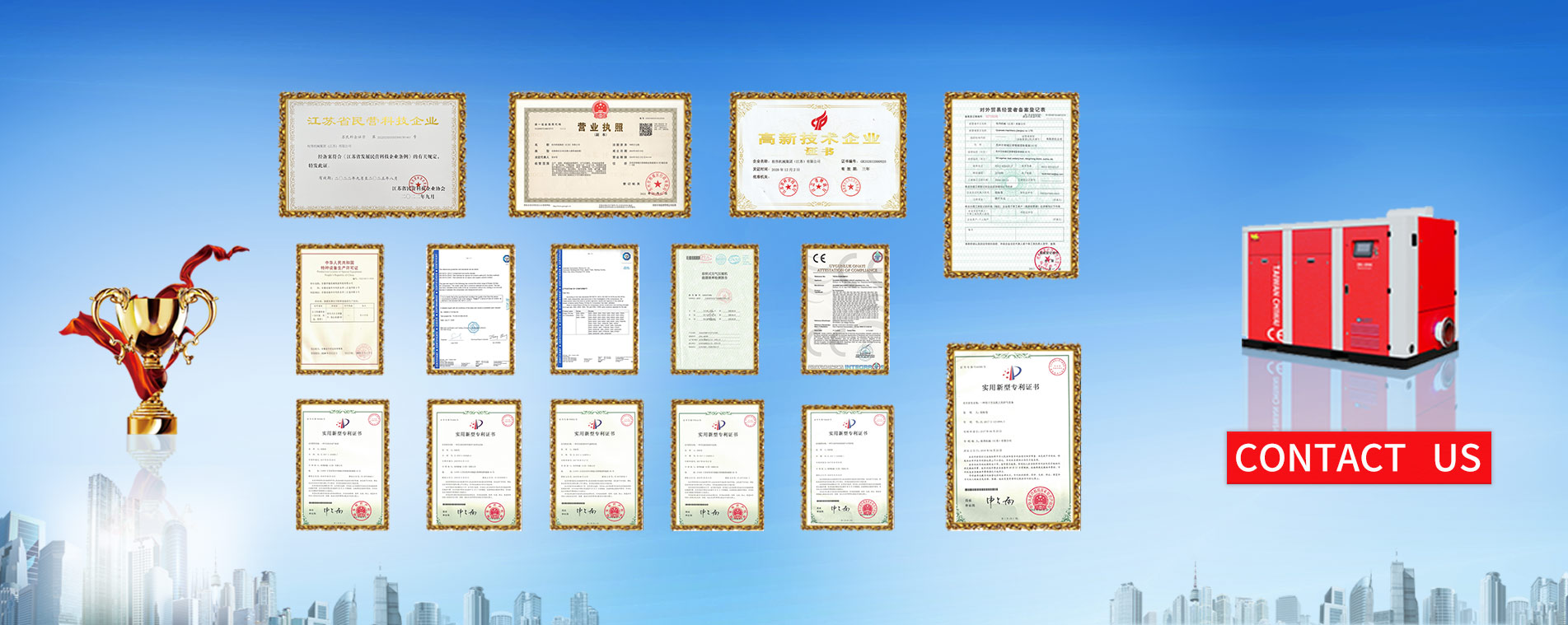
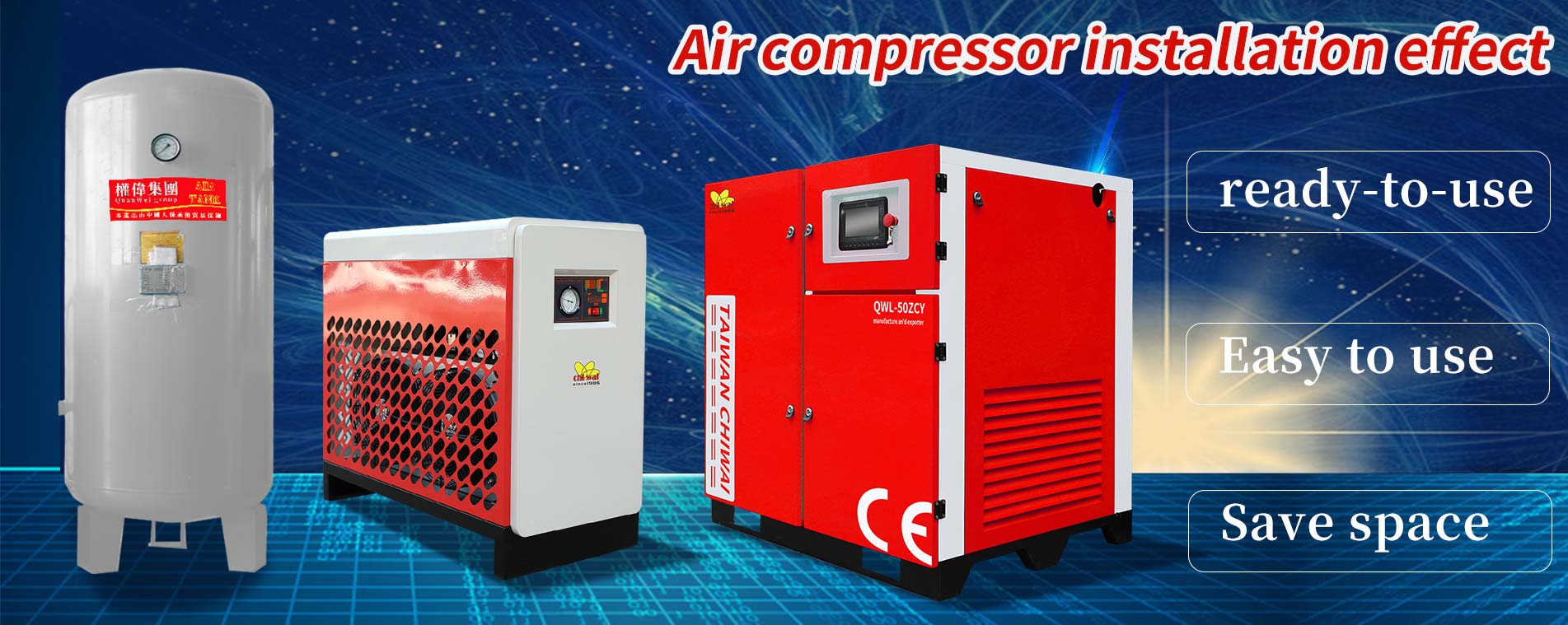
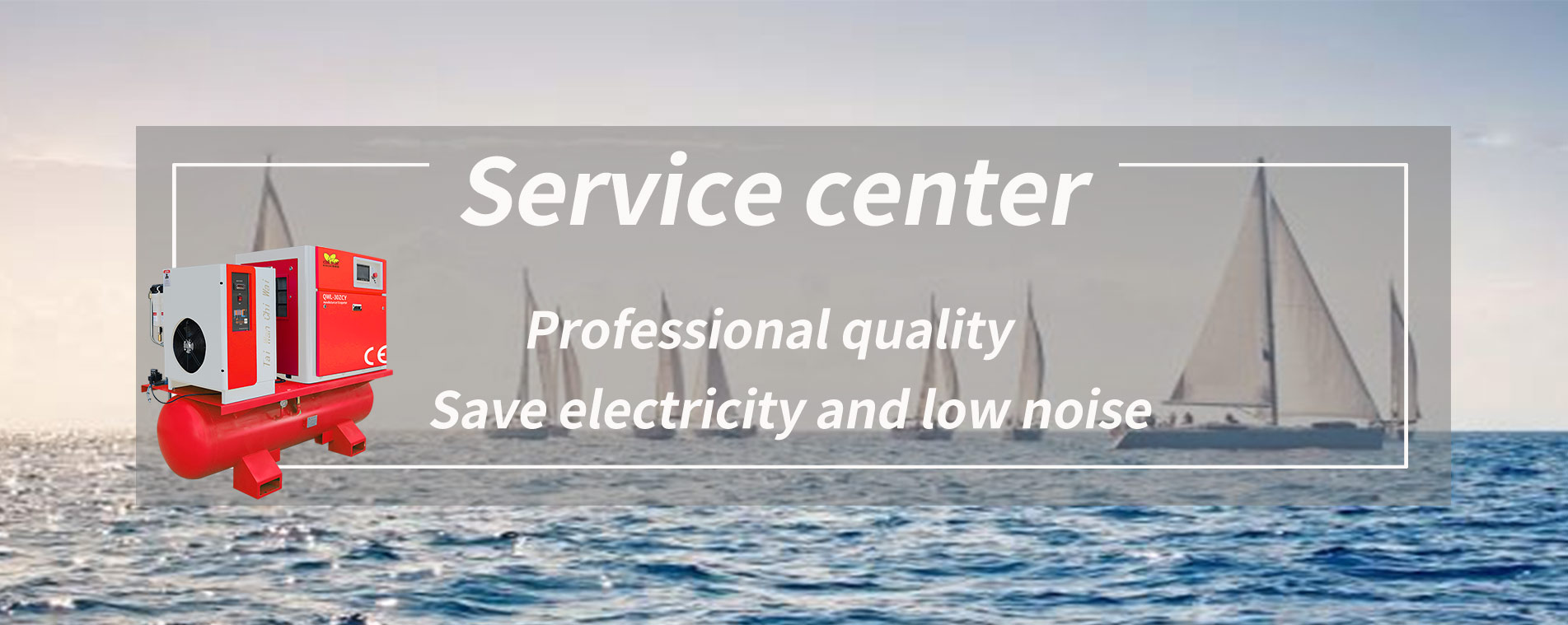
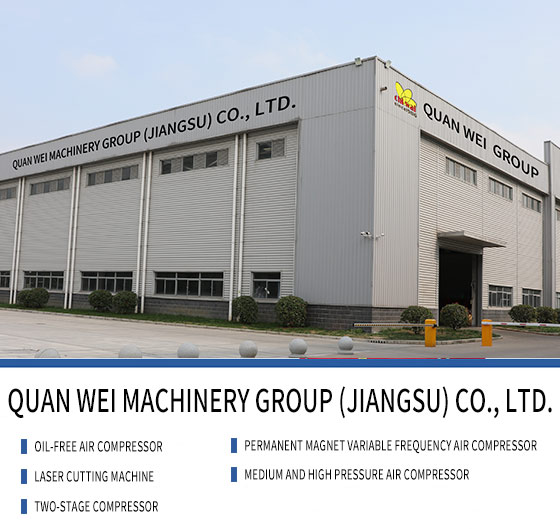




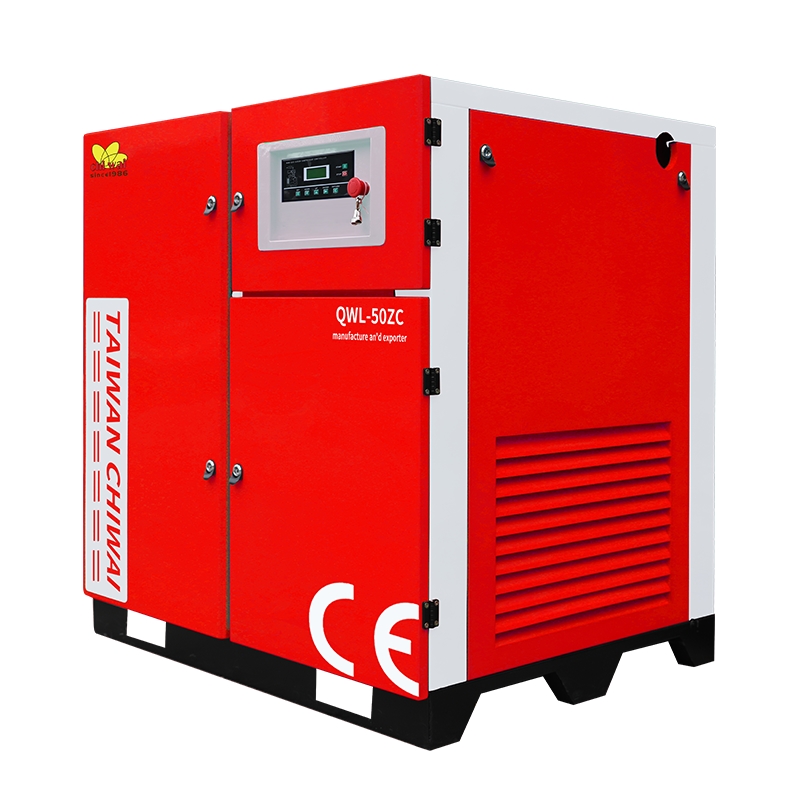
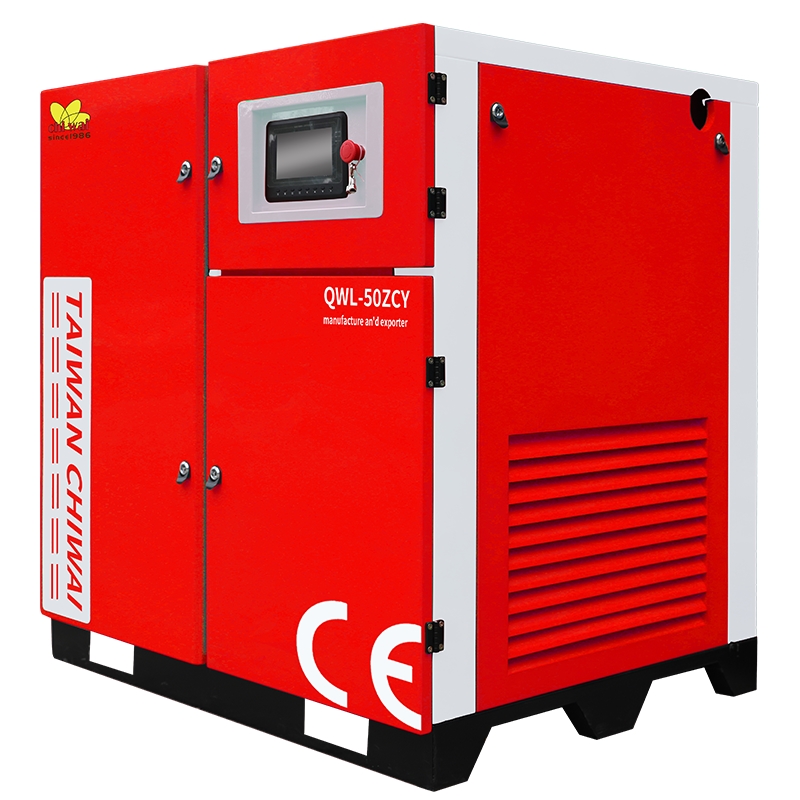
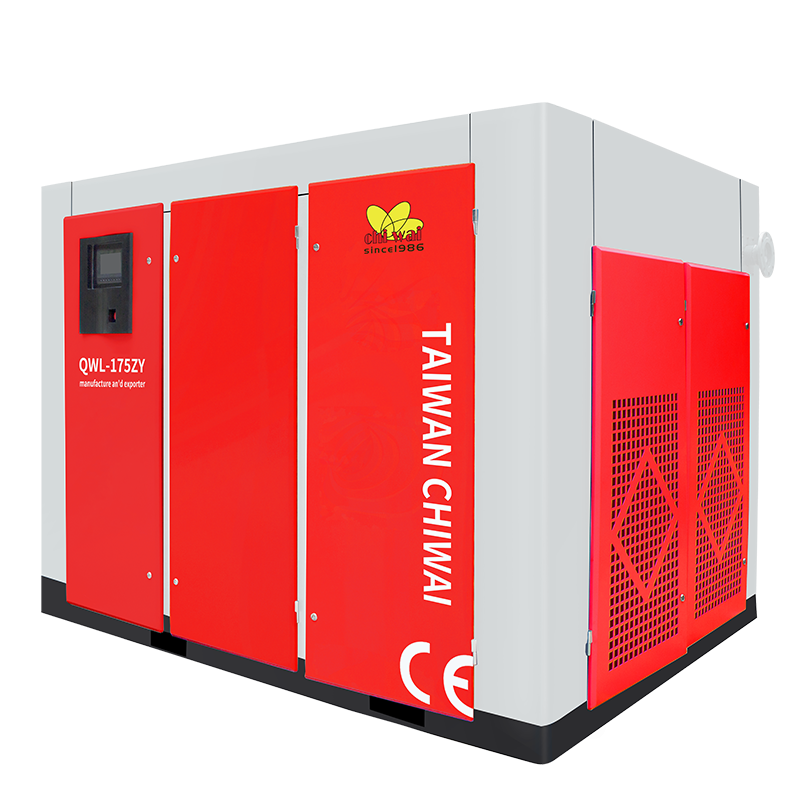
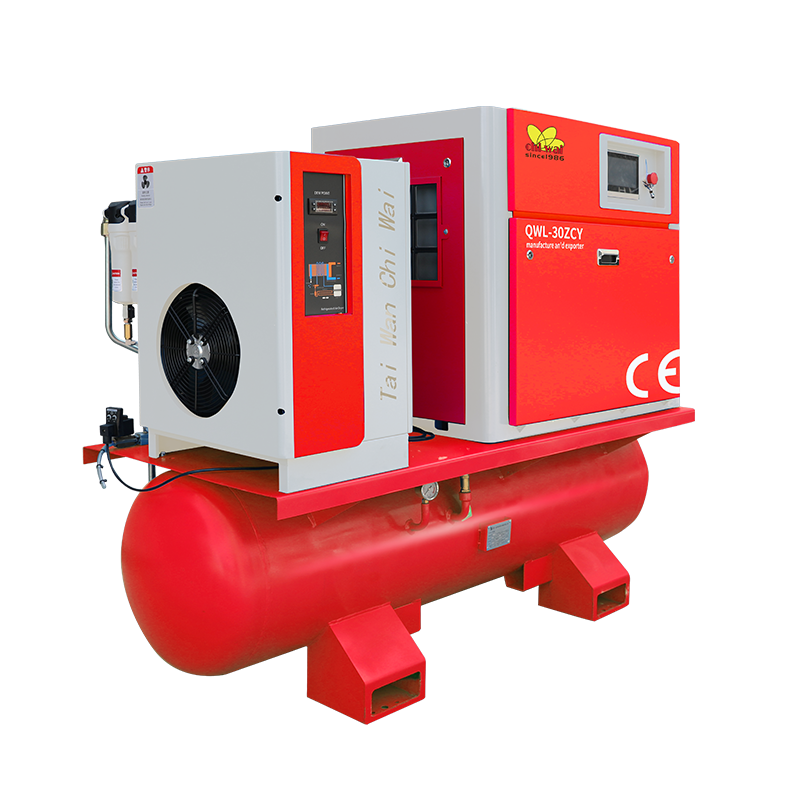
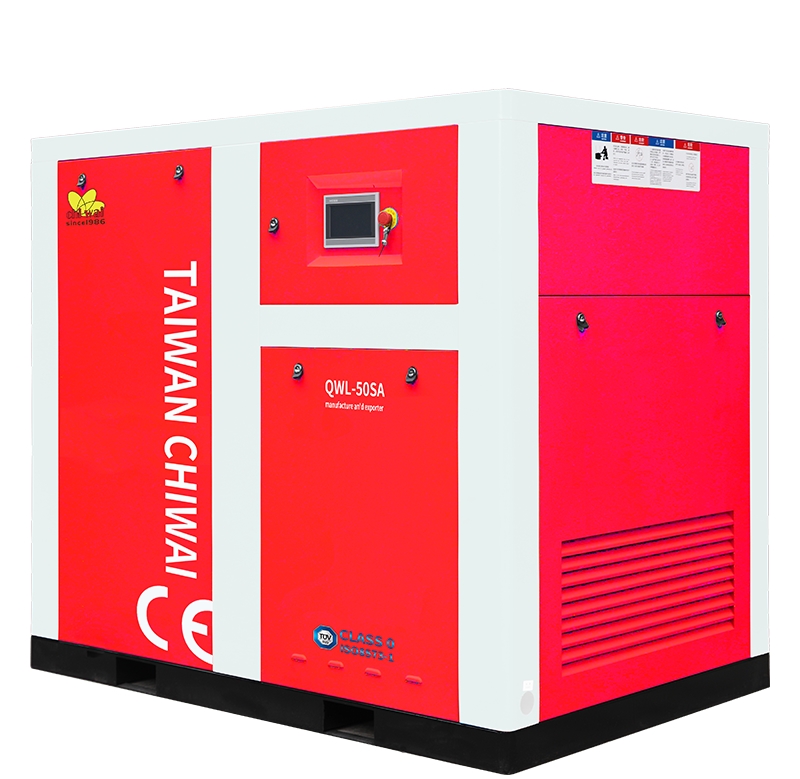
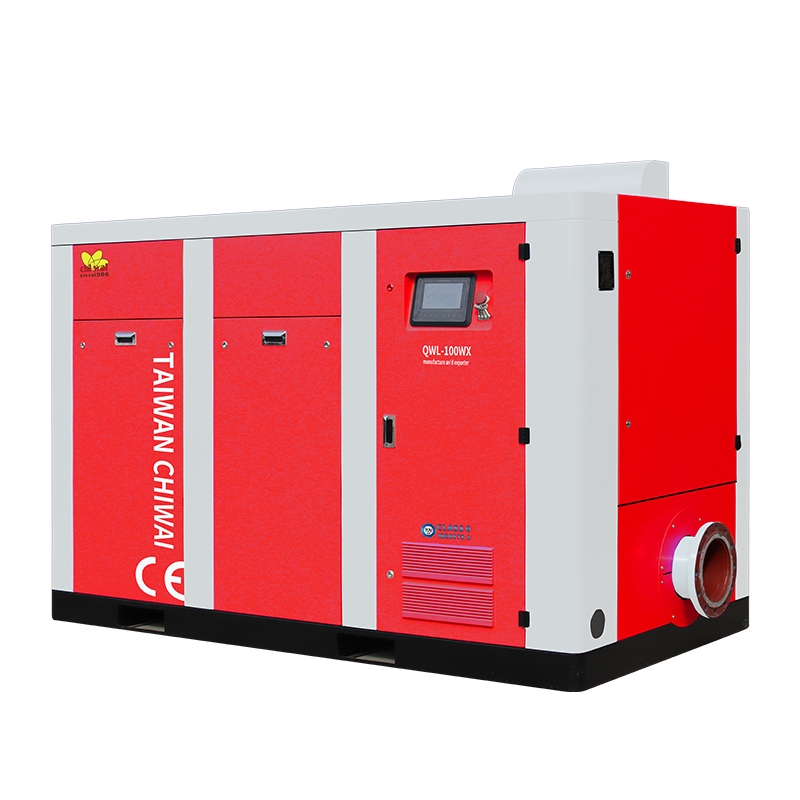
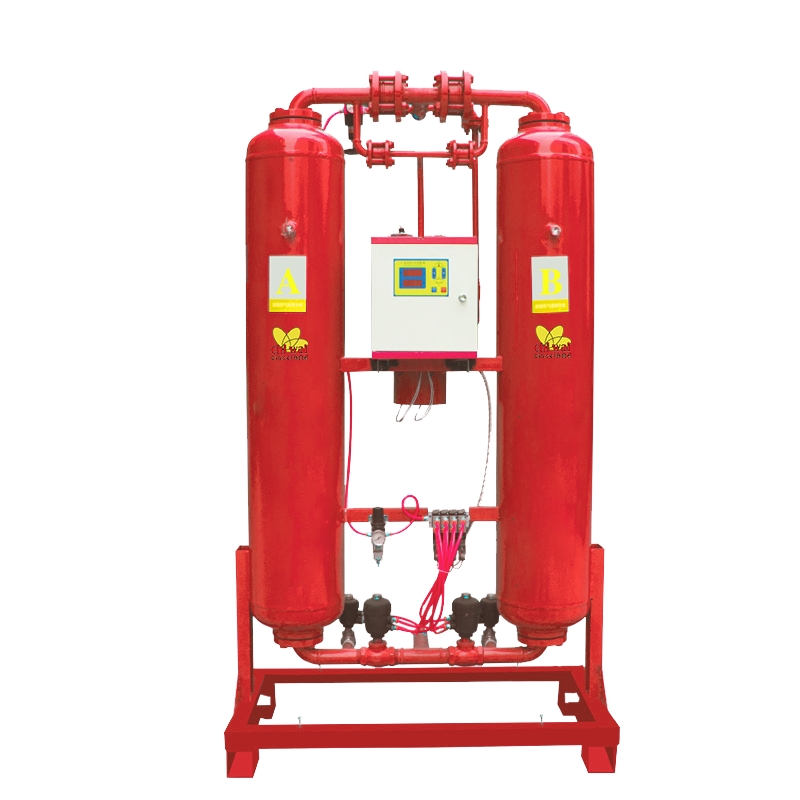
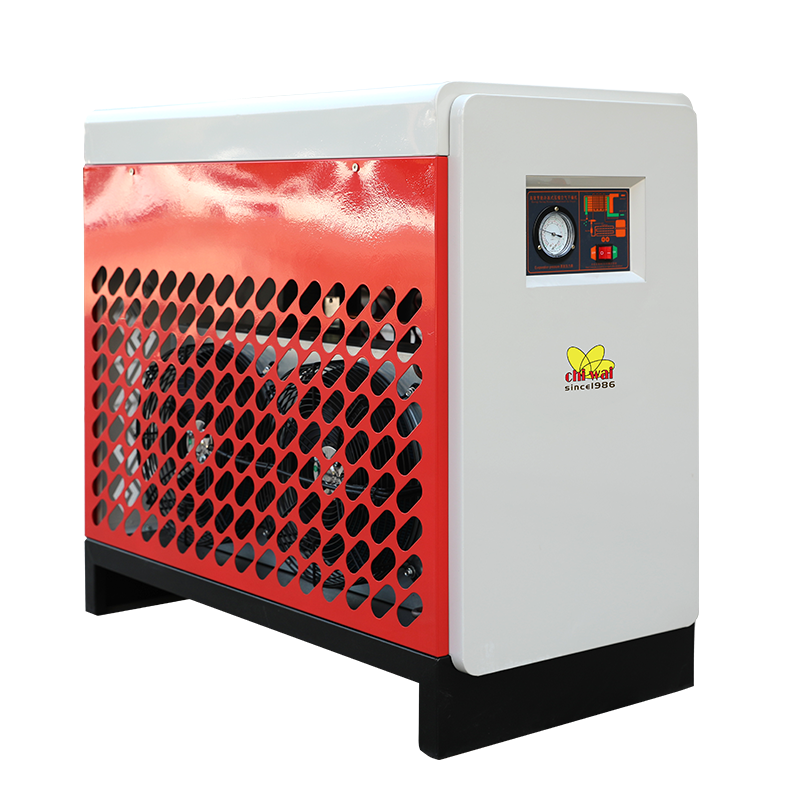
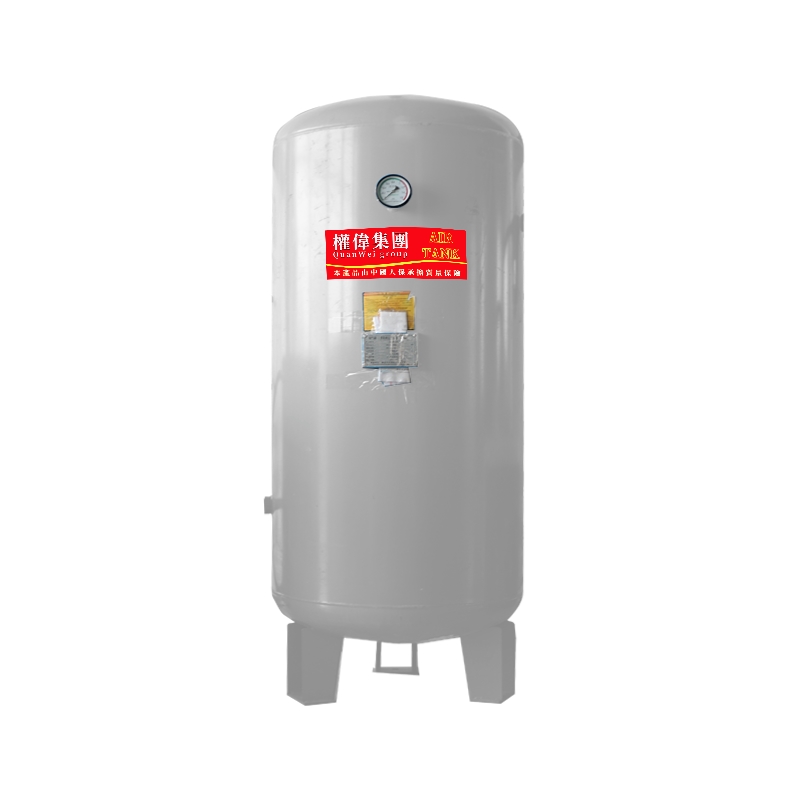
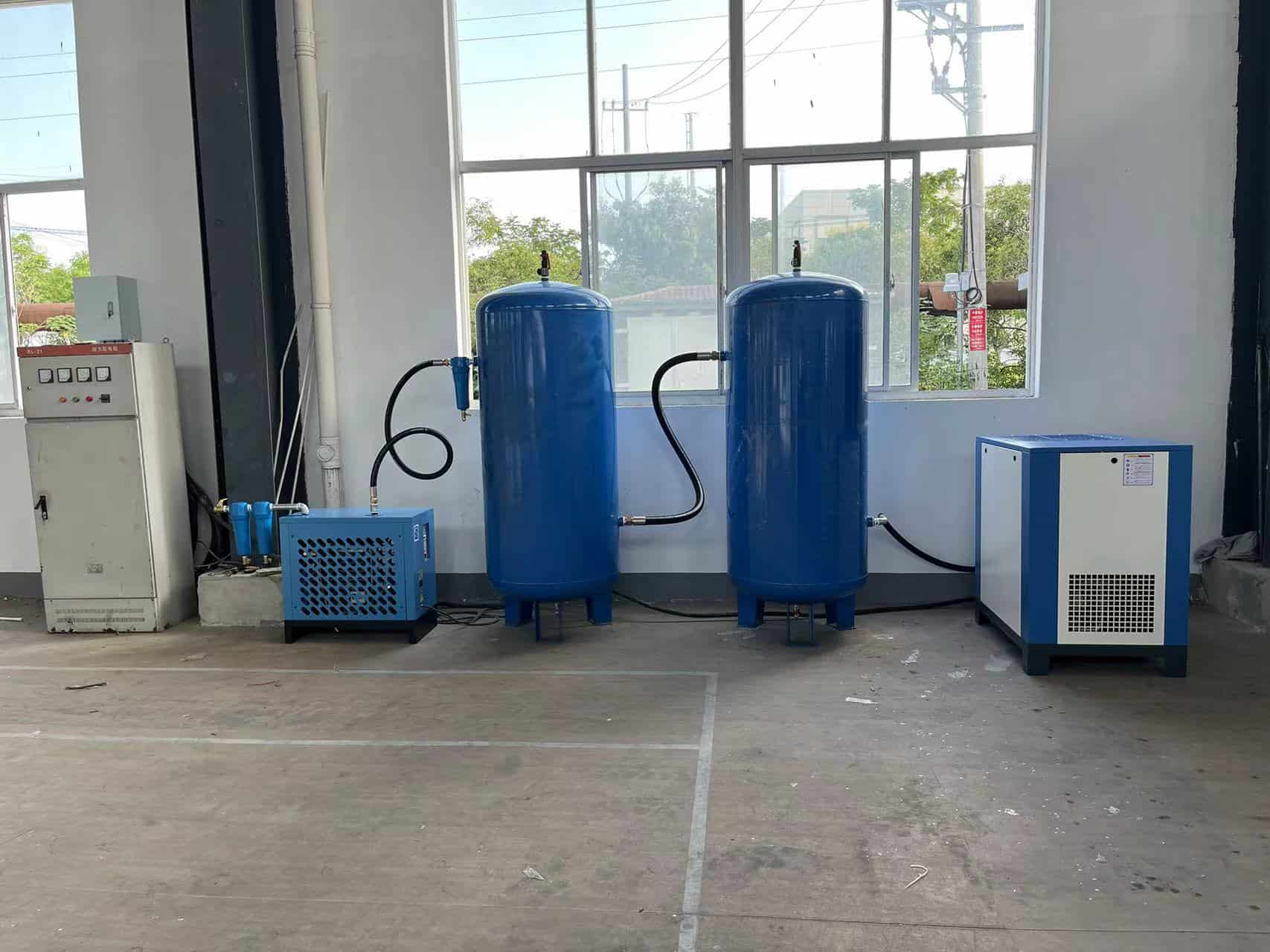
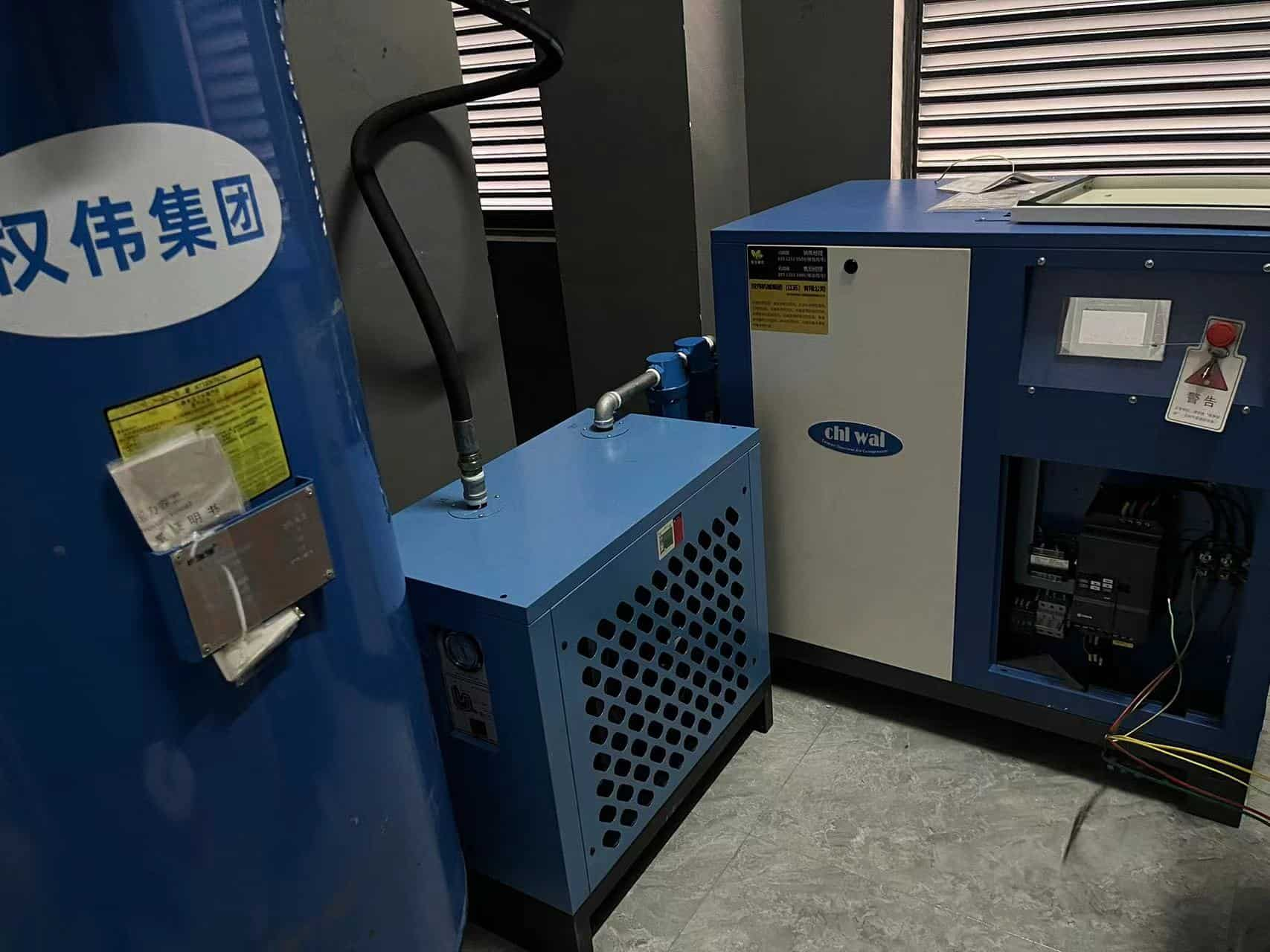
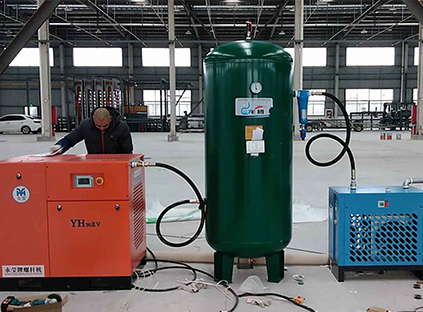
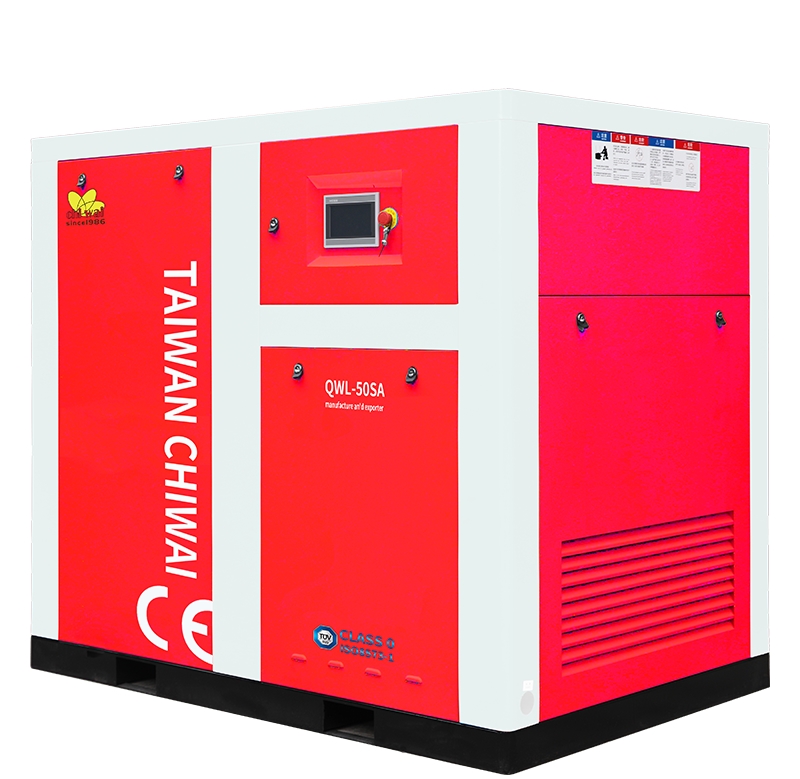




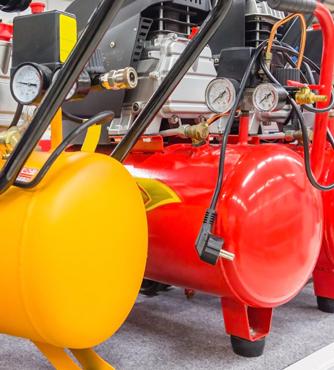
 IPv6 network supported
IPv6 network supported